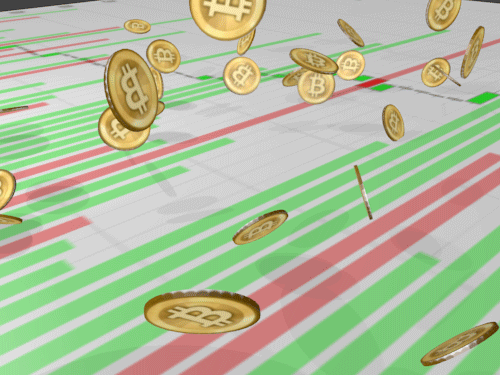The Music Modernization Act
It’s a widely known fact throughout the industry that the laws pertaining to music licensing, particularly mechanical licensing, are outdated. I’ve said this in articles dating back to early 2017. The powers that be have attempted to make those laws ‘up-to-date’ with The Music Modernization Act. The act will help music publishers and songwriters get paid properly for their musical efforts. In this article, I will break down in simple terms what the act will do to the music industry.
A Mechanical licensing reform

Anything with the term ‘licensing’ in the music industry means ‘money’ for those who create music. For music creators, the subtitle of this section should read ‘A mechanical Money reform.” This bill will change how you as a creator can secure the bag and feed your family.
What’s wrong with Mechanical licensing

“A mechanical license grants the rights to reproduce and distribute copyrighted musical compositions (songs) on CDs, records, tapes, ringtones, permanent digital downloads, interactive streams and other digital configurations supporting various business models, including locker-based music services and bundled music offerings. If you want to record and distribute a song that you don’t own or control, or if your business requires the distribution of music that was written by others, you need to obtain a mechanical license.” – harryfox.com
There are two major issue with Mechanical Licensing in the digital age.
1) There is no single database that holds all the information for the creators of music. This makes things very difficult for streaming companies like Spotify to track down the proper parties and pay them.
2) The rates for streaming are tied to laws created in 1909 (yes, you read that right.) Well before the internet and streaming.
How will the Music Modernization act fix the issues

“Under the legislation, a new digital mechanical collective will oversee blanket streaming licensing and build an accurate, transparent song ownership database. The bill requires, for the first time, by law, that at least half of all unclaimed funds are distributed to songwriters based on activity.” – Steve Bogar, TheHill.com
This change will make it easy for streaming services to license the music they need. For songwriters and publishers, it means for the first time since the early 2000’s they will be able to get paid properly for their works.
Blockchain initiative
“The blockchain is essentially a database that maintains a continuously growing list of records, called blocks, secured from tampering and revision. The pioneers of this tech and those who advocate for it boast that it will be the savior for artists, writers, and producers whose royalties have not been tracked properly for years. Blockchain-based companies like Mycelia I predict will replace the outdated and ineffective tracking system that has plagued the pockets of creators thus far. Spotify, who fights lawsuits regularly for unpaid royalties, has recently acquired the blockchain based startup Medichan in order to solve their problems with attribution. This tech is the future and another true game-changer for the music industry.” – How tech continues to transform the world of music, ThriveIndie.com
This excerpt is from an article I wrote in May 2017. I believe the database that will replace the outdated method of tracking will be blockchain based. Blockchain is tied to the bitcoin craze that has defined the early parts of 2018. The music industry seems like the perfect industry for blockchain and bitcoin to prove its potential in today’s society.
Major changes are on the horizon for the music industry. Will these changes improve the financial state of the industry? Leave your replies in the comment section below.








Recent Comments